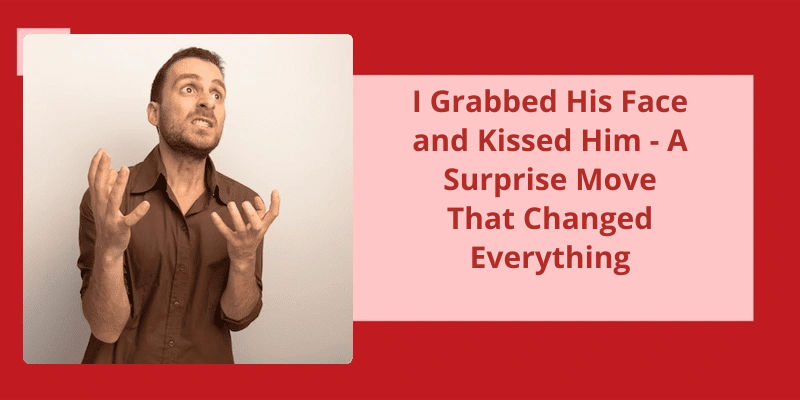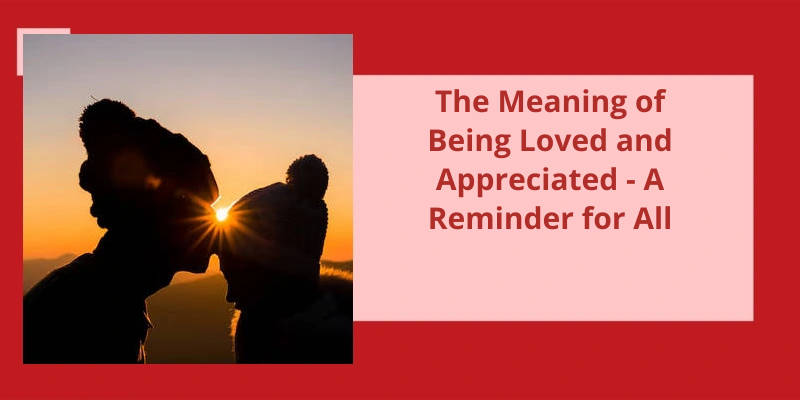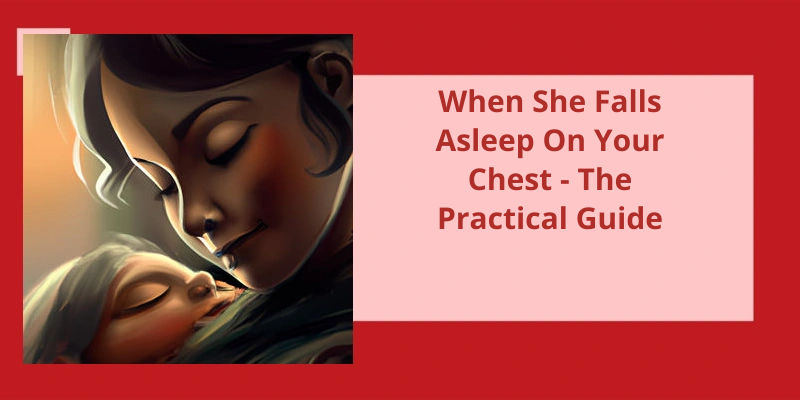As human beings, we’re wired to experience a range of emotions that can often be overwhelming and intense. One of the most powerful and transformative feelings we can encounter is love, a force that can make us lose all sense of reason and control. It can push us to do things we never thought we were capable of, like following our hearts and grabbing the face of the person we love, pulling them close, and kissing them with all the passion and urgency we feel in that moment. This moment can be exhilarating, intimate, and full of promise, but it can also be fraught with uncertainty and fear. Nonetheless, the act of grabbing someone's face and kissing them can be a powerful symbol of our emotional connection and a defining moment in our lives.
How Do You React When Someone Kisses You on the Cheek?
How you react to a kiss on the cheek can depend on a variety of factors such as cultural norms, personal preferences and the context in which the kiss occurs. Some individuals may feel comfortable with this type of physical affection while others may find it uncomfortable or unwanted. It’s important to remember that everyone has different boundaries and personal space preferences.
Are they doing it out of affection or as a cultural custom? If you’re unsure, a polite smile and nod can be an appropriate response. However, if you do feel comfortable with the gesture, you can reciprocate by returning the kiss on their cheek or exhibiting physical closeness in a way that feels comfortable for you.
In some cultures, this gesture is a common way of greeting or showing affection, while in others it may be seen as inappropriate or disrespectful. Understanding these cultural differences can help you navigate social situations more respectfully and effectively.
The History and Origins of Cheek Kissing as a Greeting or Sign of Affection in Different Cultures.
- Cheek kissing originated in ancient Rome as a greeting between friends and family.
- It spread to other parts of Europe and the Middle East during the Roman Empire’s reign.
- Some cultures, such as the French and Spanish, have adopted cheek kissing as a common greeting.
- In other cultures, such as parts of Asia, a simple bow or handshake is more common.
- The number of kisses exchanged varies between cultures. In France, two kisses are typical, while in some Middle Eastern cultures, three kisses are the norm.
- Cheek kissing can also be a sign of affection between family members or close friends.
- Overall, the act of cheek kissing has a long and varied history across different cultures.
This reaction can lead to feelings of happiness, intimacy, and a deeper bond between two people. But what about the physical and emotional effects of being kissed? Let’s take a closer look at how guys feel after stealing a smooch.
How Do Guys Feel After Being Kissed?
This hormone is responsible for creating a sense of bonding and attachment between two people. So, after being kissed, guys feel closer to the person they’ve shared that moment with.
Kissing is a very intimate act, and it can trigger emotions in both men and women. For guys, kissing offers a chance to connect with someone on a deeper level. This often leads to feelings of happiness, contentment, and satisfaction. It isn’t uncommon for men to feel a sense of euphoria after a passionate kiss.
For instance, if a guy has been single for a long time, kissing someone can feel like a victory. This is because it offers validation that they’re desirable and can attract a potential mate. On the other hand, if the kiss is one-sided or unwanted, guys can feel rejected, embarrassed, or disappointed.
The Different Types of Kisses and Their Effects on Guys
- French kiss
- Single-lip kiss
- Earlobe kiss
- Butterfly kiss
- Neck kiss
- Bite kiss
- Forehead kiss
- Hand kiss
- Cheek kiss






